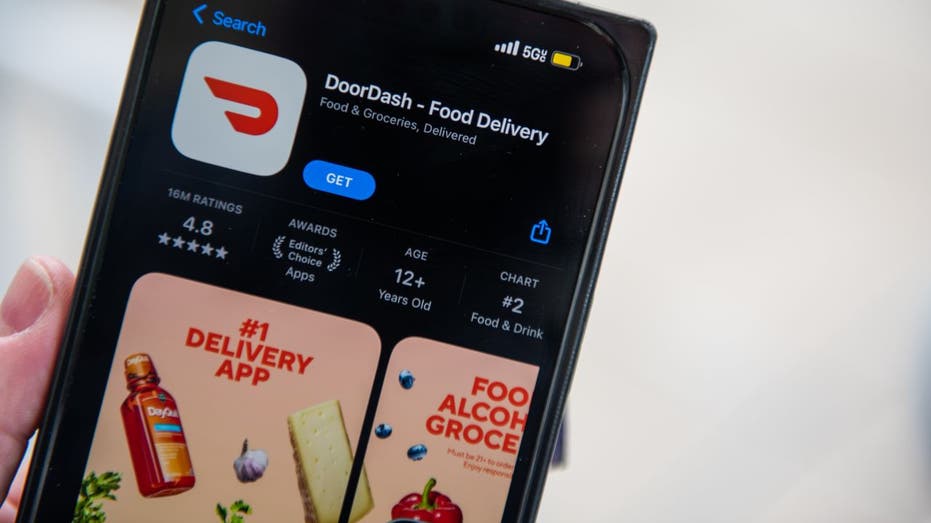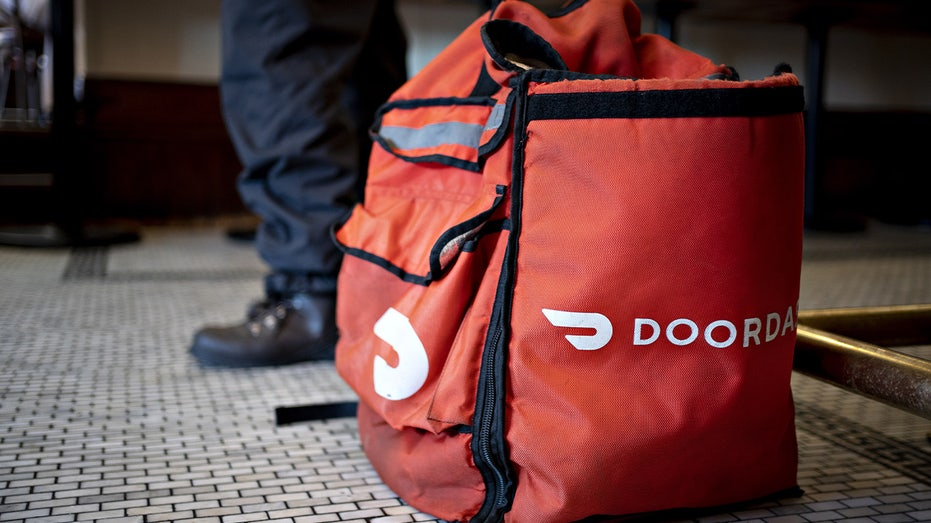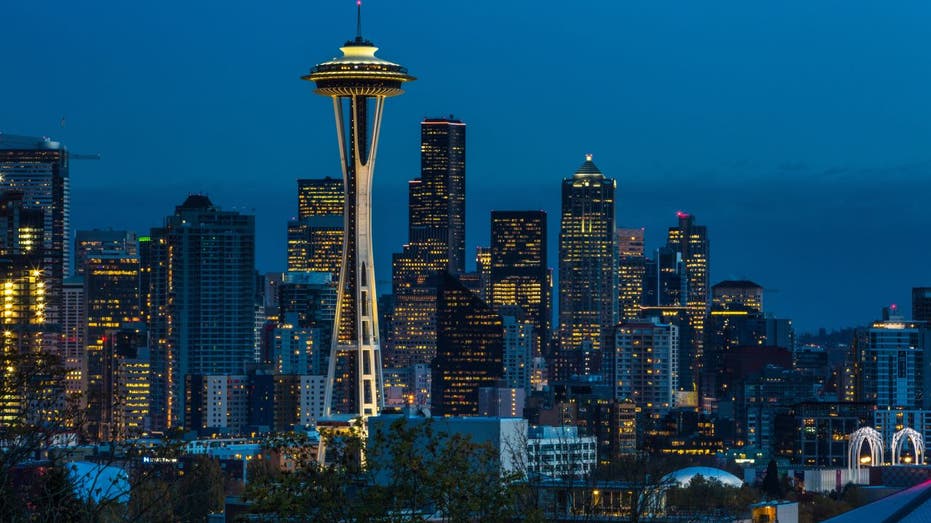DoorDash says data shows Seattle pay rules have caused 'unprecedented drop' in business
DoorDash said its data shows an "unprecedented drop in order volume" since Seattle's minimum pay law for app workers took effect
DoorDash stock is a quality ‘diversification’ play: Mark Mahaney
Evercore ISI senior managing director Mark Mahaney reveals his top tech stocks ahead of the market opening, arguing that Meta and DoorDash’s stock are good investments.
New data from DoorDash shows a stark decline in delivery orders placed in Seattle after the city council's minimum payment law for app-based workers took effect last month.
The Seattle City Council's ordinance requires that app companies that employ "gig workers" as independent contractors must pay the greater of a minimum per-minute amount of $0.44 and a minimum per-mile amount of $0.74, or a minimum per-offer amount of $5.
In response to the law, DoorDash attached a flat service fee of $5 per order to bring the hourly compensation for workers making deliveries to $26.40 before tips plus mileage – well above Seattle's minimum wage of $19.97 an hour. While the company's "Dashers" make more while making deliveries, that's come at the cost of order volume according to DoorDash.
DoorDash said that its data shows an "unprecedented drop in order volume" since the Seattle ordinance took effect last month. It said that in the two weeks after the changes launched, consumers placed 30,000 fewer orders on the DoorDash marketplace and added that "we expect this volume loss to compound even more over time."
SEATTLE'S MINIMUM PAY ORDINANCE HURTING DELIVERY DRIVERS IT MEANT TO HELP

DoorDash said its platform has seen a notable drop-off in deliveries in Seattle over the course of the last month. (Tiffany Hagler-Geard/Bloomberg via Getty Images / Getty Images)
Within that two-week sample following the ordinance's implementation, DoorDash said Seattle businesses missed out on over $1 million in revenue from the DoorDash marketplace. The company said, "At a time when local businesses are having to work harder than ever to keep their doors open, this is a major blow to local commerce in Seattle."
DoorDash added that its Dashers have been waiting an average of three times longer between offers received to fulfill consumers' orders – meaning there are fewer opportunities for them to get on the clock and earn the minimum of $26.40 per hour while making deliveries.
"Seattle merchants are now grappling with a significant decline in revenue and lost exposure to new customers," DoorDash said. The company added it's "committed to working with lawmakers to find a practical solution that empowers local commerce, restores access to crucial delivery services, and helps Dashers continue to earn on their own schedules."

DoorDash's "Dashers" and drivers and couriers for other apps like Uber Eats and Instacart have noticed a decline in delivery order following the implementation of Seattle's minimum pay ordinance. (Andrew Harrer/Bloomberg via Getty Images / Getty Images)
DOORDASH, UBER EATS HIKE FEES IN BLUE STATE CITY OVER DELIVERY APP MINIMUM PAY LAW
Gig workers on platforms like DoorDash, Uber Eats and Instacart have similarly reported a drop-off in delivery opportunities.
Gary Lardibazal, a courier who has worked for such platforms in Seattle, told FOX Business last week that "wait times are half the day" in downtown Seattle even when workers at Amazon and other tech companies are in the office.
| Ticker | Security | Last | Change | Change % |
|---|---|---|---|---|
| DASH | DOORDASH INC. | 182.47 | -1.39 | -0.76% |
| UBER | UBER TECHNOLOGIES INC. | 74.77 | -0.44 | -0.59% |
| CART | MAPLEBEAR INC | 34.64 | +0.29 | +0.84% |
"There's reduced orders for drivers and couriers… and there's definitely reduced business for restaurants," he said. Given Seattle's high cost of living and expensive gas prices, he said the sudden decline in the number of deliveries available following the law's implementation is making it harder for couriers and drivers to make a living in the role.
"This is not a livable wage," Lardibazal said, adding that the Seattle City Council should repeal the rule to help delivery workers, consumers and businesses. "It's hurting us, it's hurting the consumer, it's going to close restaurants. Please repeal it."
AMAZON WARNS EMPLOYEES: NO PROMOTIONS WITHOUT FOLLOWING IN-OFFICE MANDATE

The Seattle City Council's minimum pay ordinance for app-based workers took effect in January. (Photo by George Rose/Getty Images / Getty Images)
The Seattle City Council did not immediately respond to a request for comment.
A spokesperson for Seattle's labor standards department told KIRO 7 in a report last week that "it is far too early to make an assessment" about the ordinance's impact.
GET FOX BUSINESS ON THE GO BY CLICKING HERE
They added that it had been in effect less than a month at the time of the report, and the "city will be monitoring these and other metrics going forward. The law does not require companies to increase prices for customers."




















